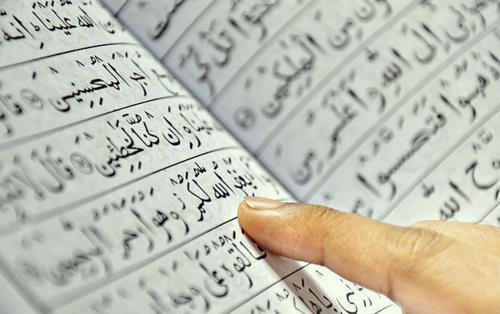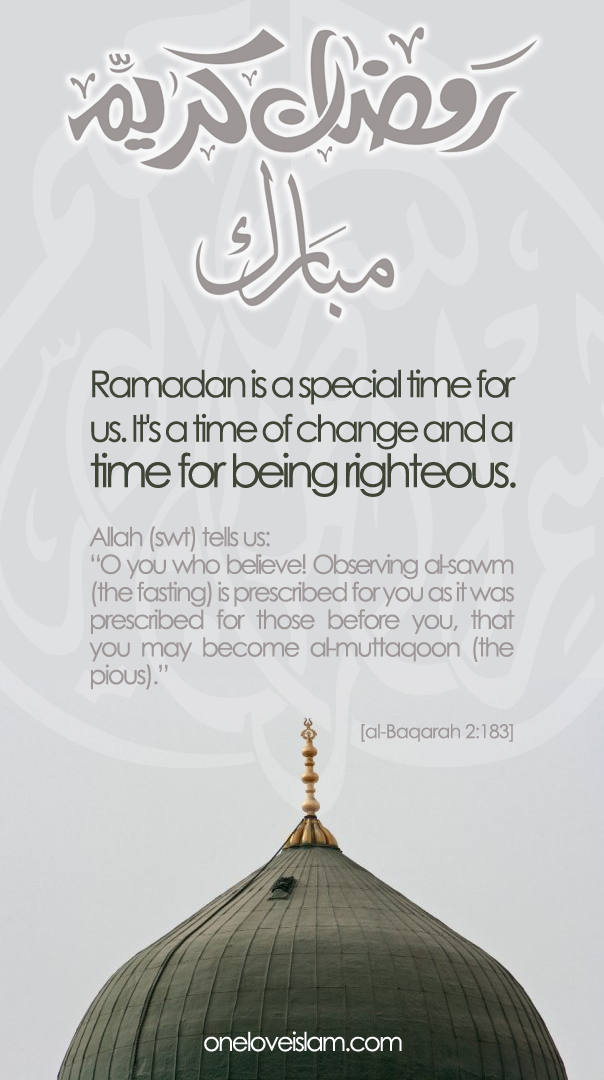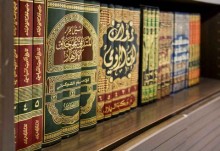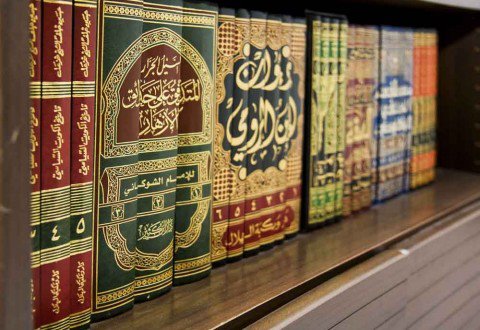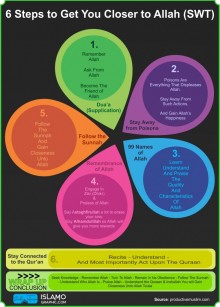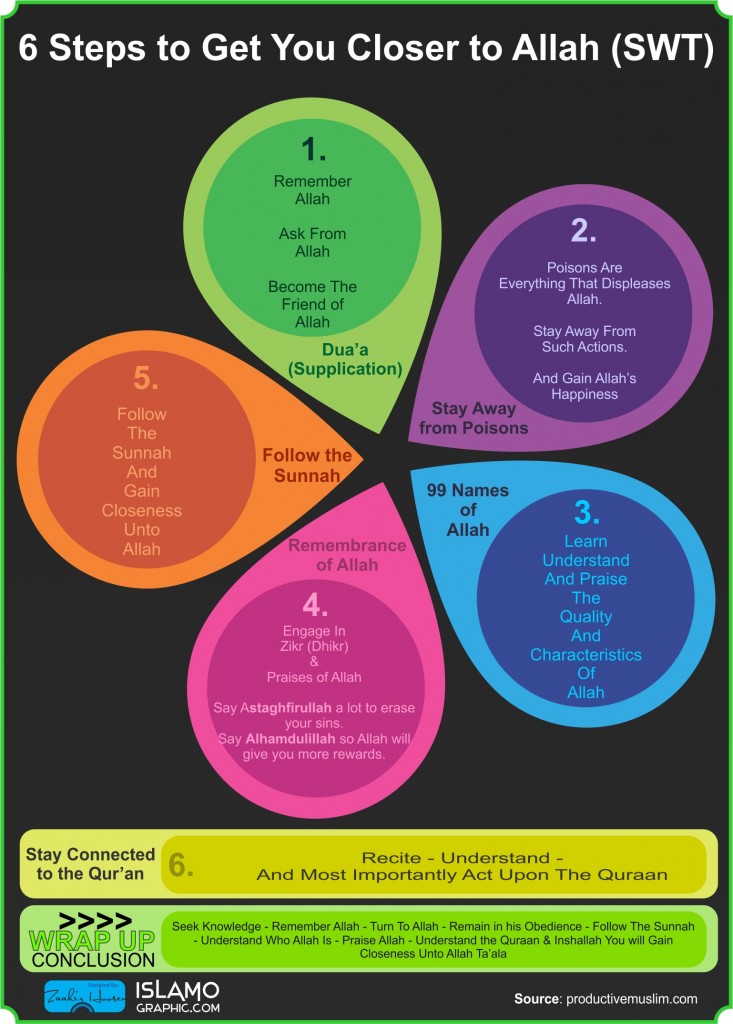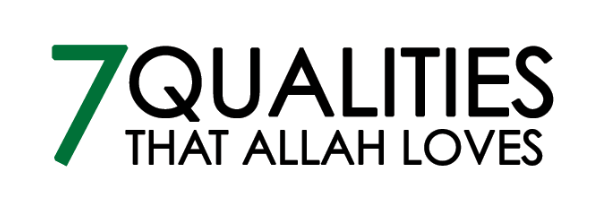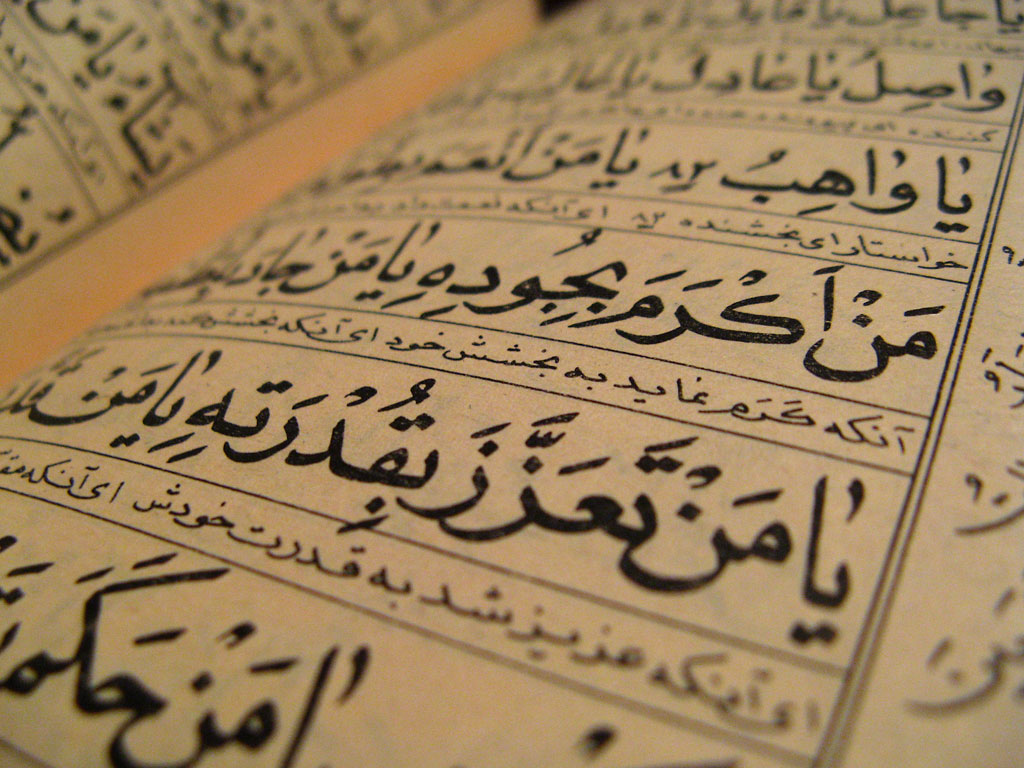My Faith: How Hajj gave us a child
Posted in Daily IslamJuly 23, 2012No comments
By Shafath Syed, Special to CNN
(CNN) – As our family has been getting ready for Ramadan and I look at my daughter I’m reminded of our Hajj trip and how it completed our family. I didn’t fully realize the impact that Hajj would have on our family’s life. It not only gave us a spiritual awakening but also brought a child, our child, into our lives. For Muslims, the chance to perform Hajj, the pilgrimage to Mecca, is one of the greatest expressions of our faith.
There are three facets of my life that make me who I am. I’m an American by nationality, a Muslim by faith and an Indian by culture. Faith has always been an important part of my life. It comes from my parents, who exposed me to faith not just with education, but also in practice. For as long as I can remember, they were involved in the Muslim community and even helped to establish our local mosque.
Typically, Muslims perform Hajj during their senior years but my wife and I wanted to do it in our 30s, because we did not know what the future would hold. Additionally we had another reason, one that was very personal. We had been married for more than 10 years but didn’t have any children. We thought it would help if we performed Hajj and prayed for God to bless us with a child.
CNN’s Belief Blog: The faith angles behind the big stories
We knew that it was a once-in-a-lifetime opportunity, so we wanted to do it right. We wanted to share the experience with our friends, so we assembled a group of close friends. Our local imam, i.e. religious leader, would lead our group, so it was going to be a great adventure. Little did I know what would unfold.
We tried to conceive for many years without success, so we talked about adoption but I just wasn’t ready for it.
Call it a mental or emotional block but I just wasn’t there. I didn’t want to adopt until I knew that I would love an adopted child exactly the same way I would my own biological child.
Hajj resolved these concerns, for the better.
At Hajj it dawned on me why we are required to perform it. It’s not as much about the ritual but about teaching patience, tolerance and focus.
Explain it to me: Ramadan
It’s the greatest example of diversity and unity at the same time. There were millions from all over the world converging on one city.
They looked different, spoke differently and had different cultures, but they were all there for the same reason and did the same things at exactly the same time. You had to keep your cool at all times and maintain focus to complete your Hajj.
We prayed for health, happiness and to be blessed with a child.
After returning from Hajj in early 2007 we were on a spiritual high and saw things from a more optimistic perspective.
We knew some day, somehow we would get a child.
That day happened in late 2008 when we learned that a baby girl in Pakistan was recently abandoned and available for adoption.
When you’re dealing with an abandoned baby you don’t have time to debate the issue. You have to act immediately, because the child’s well-being is at stake and you may miss this chance.
Living in California and having never set foot in Pakistan made the challenge even greater. I said to myself that I’m ready to adopt and hop on a plane to bring this child home. A couple of days later we landed in Pakistan and had a beautiful baby girl in our arms.
Like many developing countries, Pakistan has a large problem of population growth and limited resources. Unfortunately due to a lack of education and resources, many babies are abandoned upon birth.
We would often hear on the news how conflicted and dangerous Pakistan is, so we were nervous about the process and didn’t know how it would end, but our Hajj experience brought us through.
At Hajj we learned patience to deal with the days and weeks of waiting. We learned tolerance to deal with the living conditions. We learned to stay focused so we could complete the rigorous adoption process.
Most of all the spiritual awakening from Hajj and connection with God gave us the strength to make it happen.
Given all we went through it was clear to my wife and me that we would name our daughter Imaan, which means “faith.”
Imaan is nearly 4 years old now and we love her with all our hearts. My only regret is that we didn’t adopt sooner.
The opinions expressed in this commentary are solely those of Shafath Syed.


